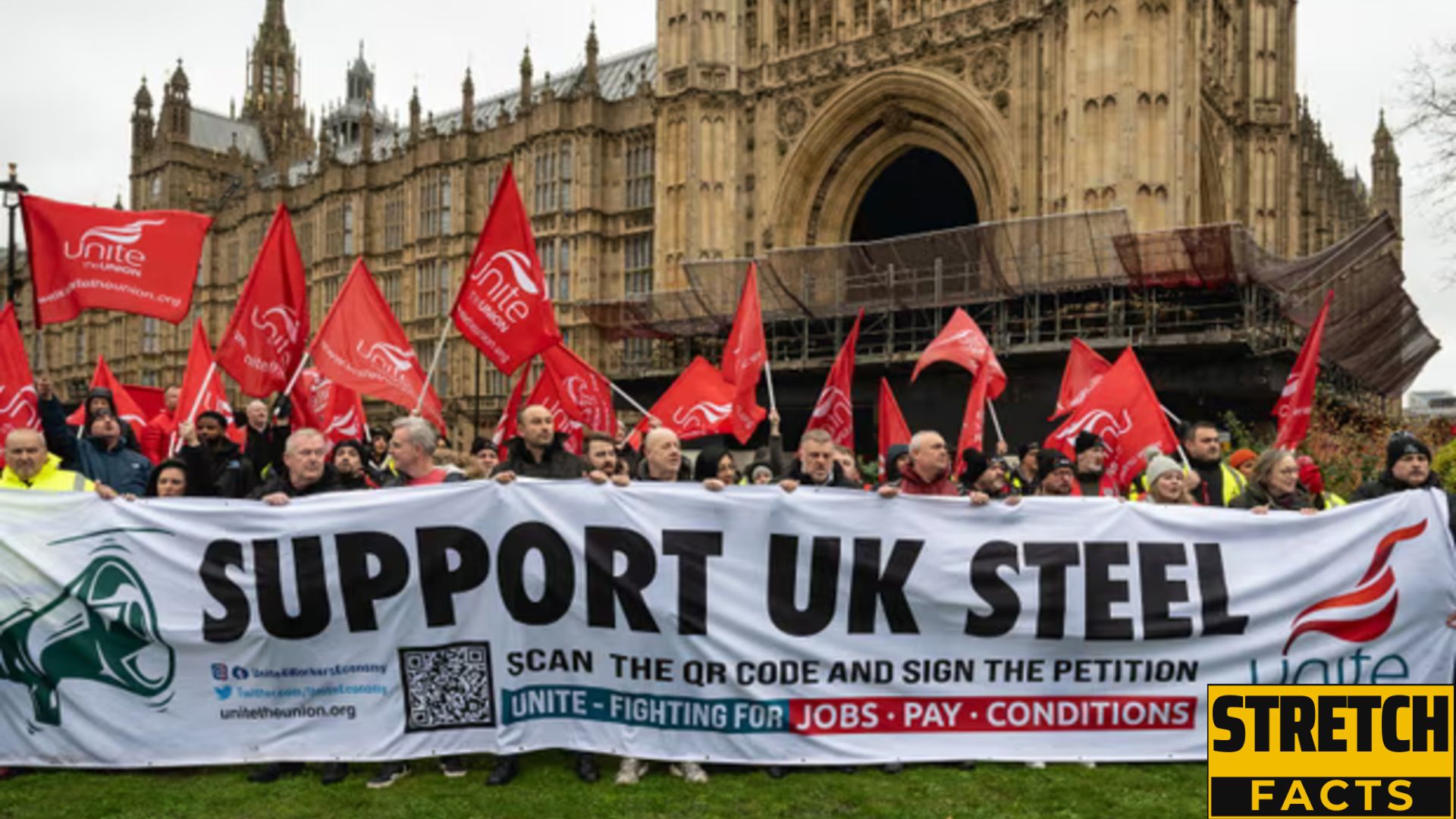Tata, as it faces accusations of hypocrisy, is planning to close blast furnaces in Wales for emissions reduction while simultaneously constructing a colossal furnace in India. The move sparks outrage, with unions criticizing double standards and calling for a reevaluation of public investment in green steel.
In a striking display of what many are calling “gross hypocrisy,” Tata, the owner of the Port Talbot steelworks, finds itself under intense scrutiny for its decision to shut down blast furnaces in Wales, claiming a reduction in carbon emissions, while simultaneously embarking on the construction of a massive new blast furnace in India. This move has sparked outrage and accusations of double standards, as up to 2,800 jobs face the axe in Port Talbot.
Hypocrisy of Tata Steel
Last week’s announcement by Tata detailed plans to close Port Talbot’s two significant blast furnaces and replace them with an electric arc furnace, a move the company asserts will cut CO2 emissions by 5 million metric tons per year. However, union leaders revealed a stark contrast in Tata’s global operations, exposing a massive blast furnace project nearing completion at Tata’s Kalinganagar industrial complex in India.
The paradox between cutting jobs in Wales and expanding steel production in India has left many questioning Tata’s commitment to environmental sustainability. The Kalinganagar project, set to be one of the world’s largest blast furnaces with a capacity of 5,870 cubic meters, challenges Tata’s claim of reducing global emissions. Unite general secretary Sharon Graham criticized Tata’s actions, alleging that the company’s primary motivation is to boost its global profits rather than address climate change concerns.
The decision to cut jobs in Port Talbot has been a prolonged process, reflecting the challenges faced by the UK steel industry in competing with cheaper Chinese imports and European rivals benefiting from lower energy costs. Tata’s £1.25bn investment, including £500m from taxpayers, aims to transition to an electric arc furnace by 2027, resulting in the loss of 2,500 jobs in Port Talbot and an additional 300 at another South Wales site, Llanwern.
Critics argue that Tata’s claim of a “green” transition is misleading, as the company plans to import semi-finished steel slabs from India and the Netherlands during the construction of the electric arc furnace. Charlotte Brumpton-Childs, a GMB national officer, denounced this strategy as “gross hypocrisy,” highlighting the reliance on foreign steel imports while local communities face significant job losses.
Adding to the complexity is the divergence in approaches to tackling emissions between the UK and India. While the UK emphasizes stringent emission standards and possesses an abundance of scrap steel for electric arc furnaces, India’s steel industry remains heavily reliant on coal. The Kalinganagar site, however, has been experimenting with carbon capture technology, and the new blast furnace will feature its own gas cleaning plant and a robust dust extraction system.
The historical context of Tata’s expansion in Kalinganagar adds another layer to the narrative. Overcoming opposition from local communities, Tata developed the site, a new town built in the face of resistance and taking advantage of iron ore reserves in Tomka. The establishment of the plant was not without controversy, as a tragic incident in January 2006 resulted in police firing on tribal people protesting the construction of a boundary wall, leading to casualties.
In response to the growing discontent and accusations of hypocrisy, a Tata Steel spokesperson expressed understanding for the difficulty faced by workers and steel communities. The spokesperson reiterated the belief that scrap-based steelmaking is the right solution for UK business, emphasizing the country’s significant role as a major exporter of used steel and its rapid adoption of renewable energy.
Tata’s contradictory moves have ignited a firestorm of criticism, with environmentalists, unions, and local communities questioning the sincerity of the company’s commitment to reducing global emissions. The stark contrast between job cuts in Wales and the expansion of steel production in India has exposed what many see as a blatant display of hypocrisy, raising broader questions about corporate responsibility and the future of the steel industry in the UK.
